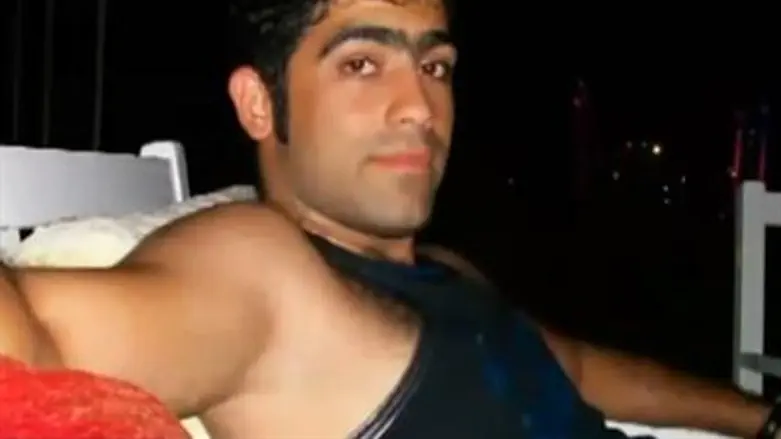
Iran's show trial of an Iranian man the Islamic Republic says was trained by the Mossad to assassinate one of Tehran's "top nuclear scientists" began in earnest on Tuesday.
Majid Jamali-Fashi, a man who looked to be in his mid-20s, appeared in court to confess the murder of Massoud Ali-Mohammadi in January 2010, the first of several attacks on scientists which Iran has blamed on foreign agents, state television said.
According to taped interviews with Jamali-Fashi that appeared on Iranian television he travelled to Turkey in search of work and became involved with the Iranian exile community in Istanbul, who in turn introduced him to the Mossad.
Ali-Mohammadi, an elementary-particle physicist, was leaving his Tehran home to go to work on Jan. 12, 2010, when a bomb hidden in a motorcycle exploded nearby and killed him.
Two similar attacks on one morning in November killed nuclear scientist Majid Shahriyari and wounded another, Fereydoun Abbasi-Davani, who has since become Iran's atomic energy chief.
Iran immediately blamed Israel and the United States for the attacks, saying the aim was to derail its nuclear program. The United States and its allies say Iran's nuclear program has military aspirations.
Intelligence Minister Heidar Moslehi told state TV the prosecution was a blow to Israel, which has not ruled out military action against Iran to stop it getting the bomb.
"We managed to make a good penetration into Mossad's intelligence system, which bore very good results for us," he said, referring to Israel's foreign intelligence service.
"We will soon have good news to inform the public in connection to the large number of (Iranian) Mossad spies whose covers have been blown."
Tehran's chief prosecutor told reporters earlier this week that Jamali-Fashi had been trained and paid by Israel.
"The defendant had travelled to Israel to receive training from Mossad and had agreed to assassinate Dr Ali-Mohammadi in return for $120,000 dollars," Abbas Jafari Dolatabadi told the Tehran Times daily.
But many question Tehran's narrative of events and dismiss the trial as a propaganda vehicle for the government.
Western analysts assert the a 50-year-old Tehran University professor had little, if any, role in Iran's sensitive nuclear work.
A spokesman for Iran's Atomic Energy Organization confirmed Ali-Mohammadi had not played a role in the body's activities.
With his status as a "top nuclear scientist" key to Iran's nuclear program debunked, it remains unclear why Israel would want Ali-Mohammadi dead.
But Iranian opposition websites say Ali-Mohammadi was an open opposition supporter who backed moderate candidate Mirhossein Mousavi in the disputed June 2009 presidential election, intimating the regime itself had a motive for his death.
Jamali-Fashi could face the death penalty as he has been charged with "war against God, " cooperating with Israel, and possession of drugs, the semi-official Fars news agency reported.
